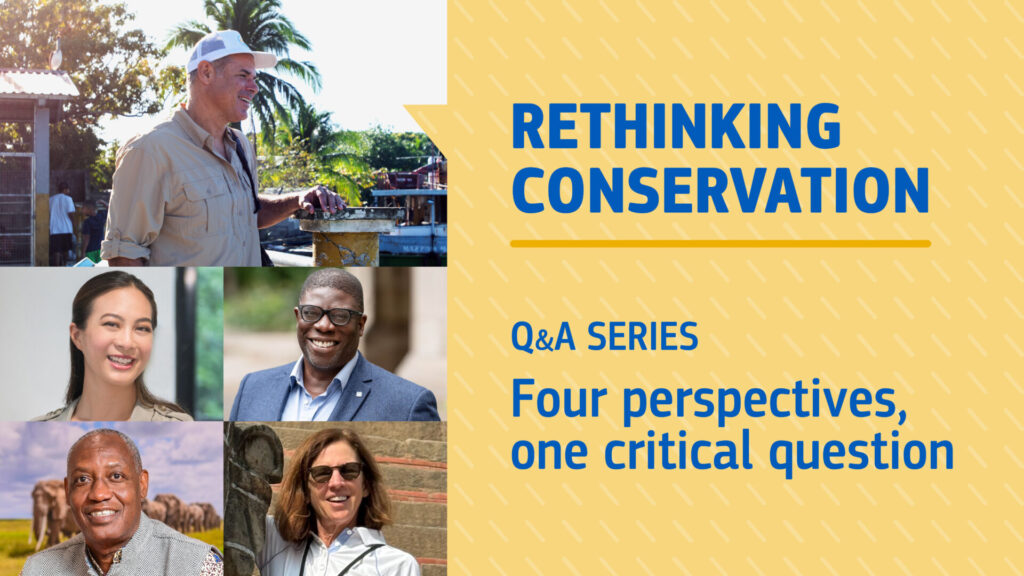
The following article is part of Rare’s Rethinking Conservation series, which builds on the need to view people as central to solving the biodiversity and climate crises. Through original content and discussion with forward-thinking experts, the series explores innovative strategies and collaborative solutions that empower communities, advance conservation, and redefine our relationship with nature.
Conservation is at a crossroads. Around the world, environmental challenges are growing more urgent — and the solutions more complex. As part of our Rethinking Conservation series, we posed one vital question to Rare’s four newest board members:
What is one bold or unconventional idea, solution, partnership, or mindset shift from your sector that could transform how individuals, communities, businesses, and/or governments take action for people and the planet?
“View communities not just as recipients, but as co-creators.”
— Kathlyn Tan
“Biodiversity must be central to Africa’s future — not an afterthought.”
— Kaddu Sebunya
“Flip the switch on outdated models of change.”
— Maud Welles
“Conservation should feel like a shared legacy, not a top-down mandate.”
— Amaechi Ndili
Each brings unique insight, drawn from a range of disciplines — from finance to policy, philanthropy to grassroots activism. Their responses reflect a shared belief: that to succeed, conservation must evolve — not just in methods, but in mindset.
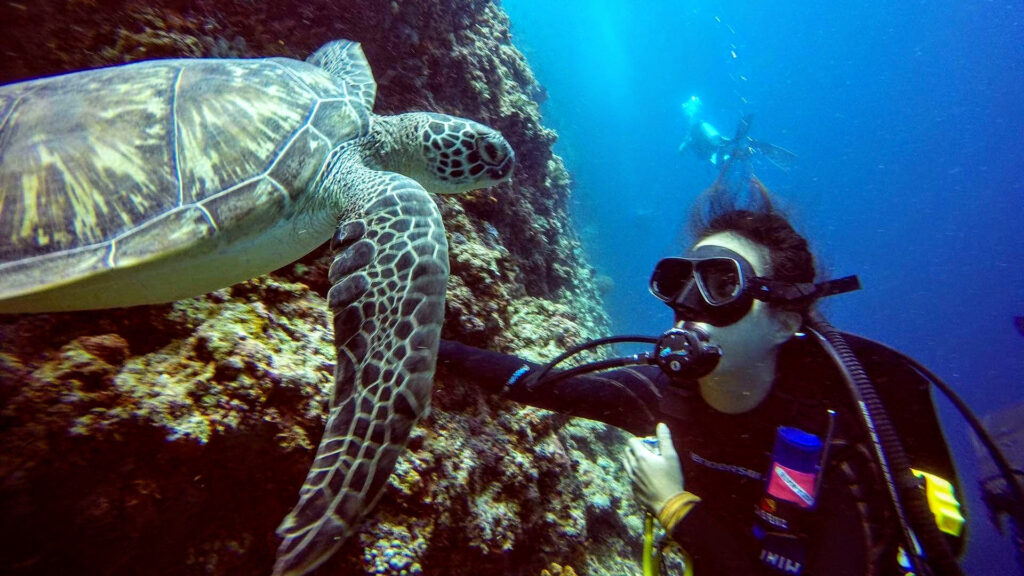
Kathlyn Tan
Principal, Rumah Group | Director, Rumah Foundation
Shift power in philanthropy to unlock locally-led solutions
“Philanthropies can disrupt traditional power dynamics and set the example for other stakeholders by viewing NGO partners and local communities not just as recipients of funding, but as true allies and extensions of their own teams. This mindset shift fosters locally-led and people-centered approaches that allow stakeholders to co-create solutions that are more strategic, innovative, locally relevant, and impactful than any single group could design alone. By empowering people on the frontlines, this deeper collaboration can more effectively address local conservation challenges and create lasting, community-driven change based on collective expertise.”
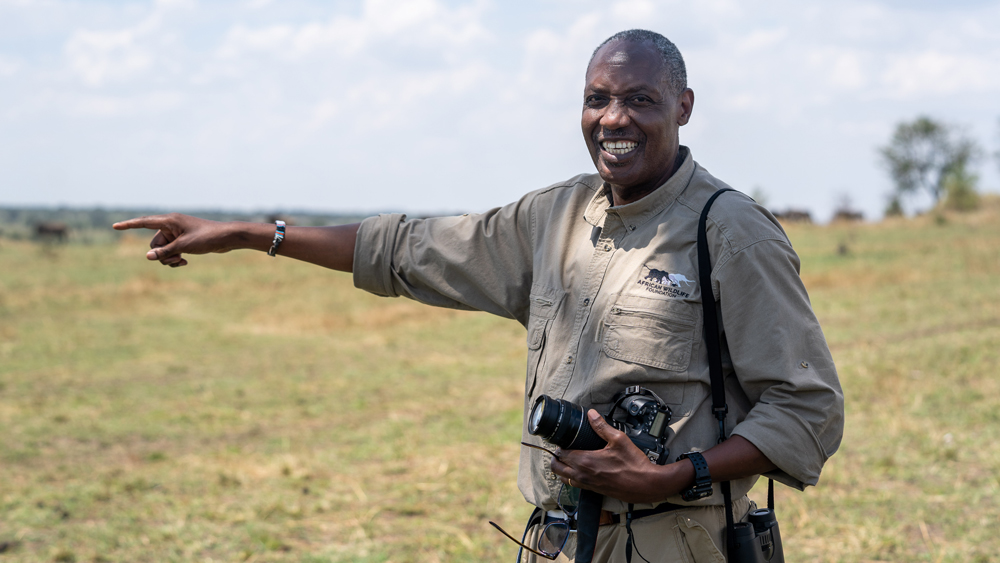
Kaddu Sebunya
CEO, African Wildlife Foundation (AWF)
Make biodiversity a pillar of Africa’s development
“The conservation narrative must shift from standalone protection of biodiversity efforts to a core driver of Africa’s political, economic, and social transformation. Africa’s trajectory towards economic modernity must embrace biodiversity as a central pillar, not a peripheral concern. This requires bold collaboration — uniting governments, businesses, and communities under a shared vision of sustainable prosperity. By leveraging African leadership, science, and empowering local voices — especially youth and women — we embed conservation into development agendas, ensuring biodiversity becomes essential to Africa’s future growth. Aligning conservation with African’s aspirations ensures that decisions across business and government inherently value biodiversity, ensuring a thriving continent for both people and nature.”
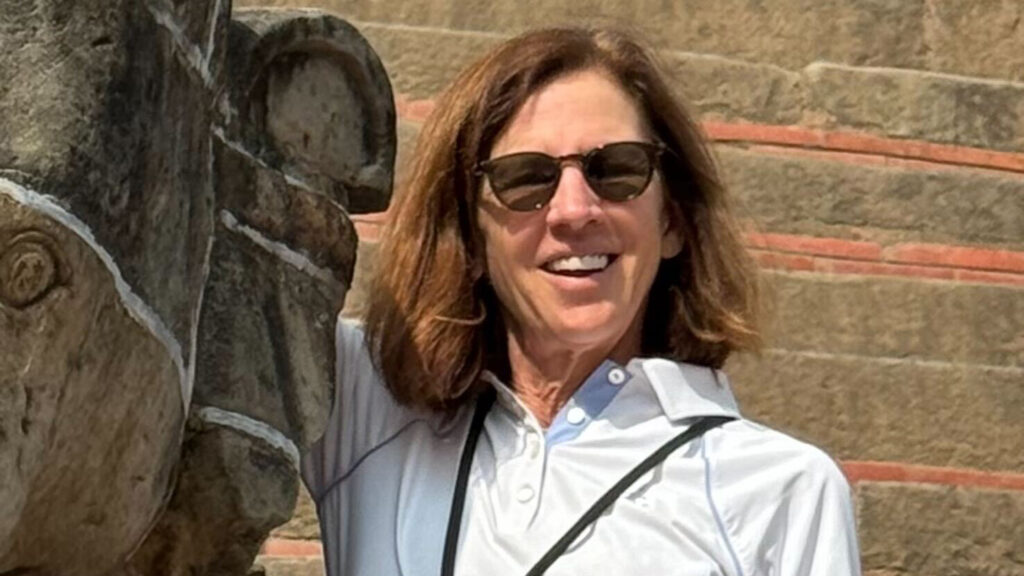
Maud Welles
Portfolio Manager, North Channel LLC
Flip the switch on outdated funding models
“If we’re serious about tackling climate change, we need to flip the switch — not just on wasted energy, but on the way we fund and fuel solutions. That means thinking long-term, tapping into dormant resources like donor-advised funds, and actually listening to communities. This moment may feel uncertain, but it’s also a chance to do things differently — and better — for people and the planet.”
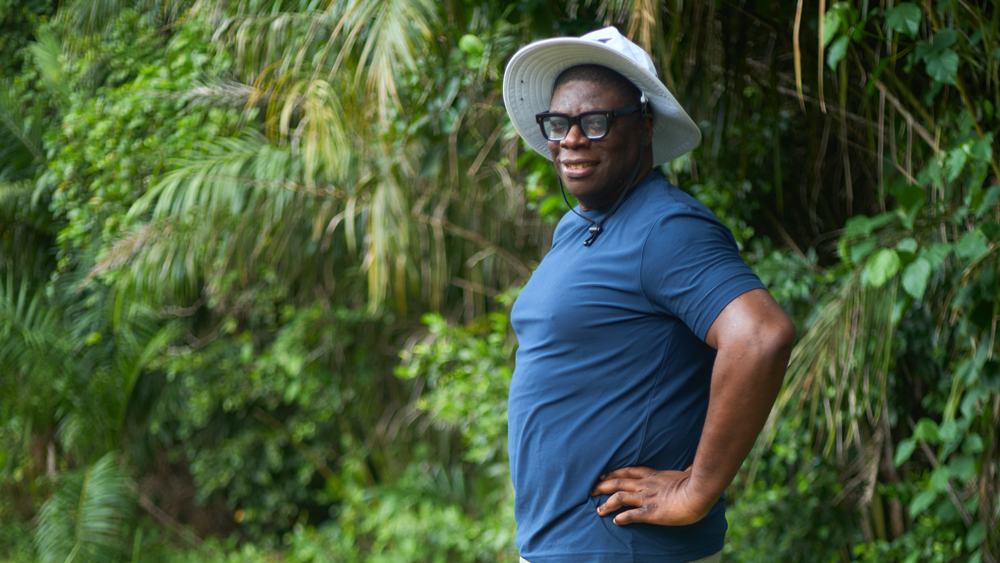
Amaechi Ndili
Executive Chairman, CarePay Nigeria
Build conservation into education to create generational change
“I’m deeply passionate about community-based conservation — putting local people in the driver’s seat when it comes to managing and protecting their own natural resources. Real, lasting impact happens when conservation supports a community’s cultural, social, and economic needs. For me, education is central to this. When we embed environmental stewardship into schools and vocational training, and pair it with local knowledge and hands-on training, we grow future leaders. Add in shared benefits and inclusive decision-making, and conservation stops feeling like a top-down mandate — and starts becoming a shared legacy.”
As these voices show, there is no single solution — but there is a shared urgency and ambition. Rethinking conservation means expanding who leads, how we act, and what success looks like. At Rare, we’re honored to have these visionaries help guide the way.